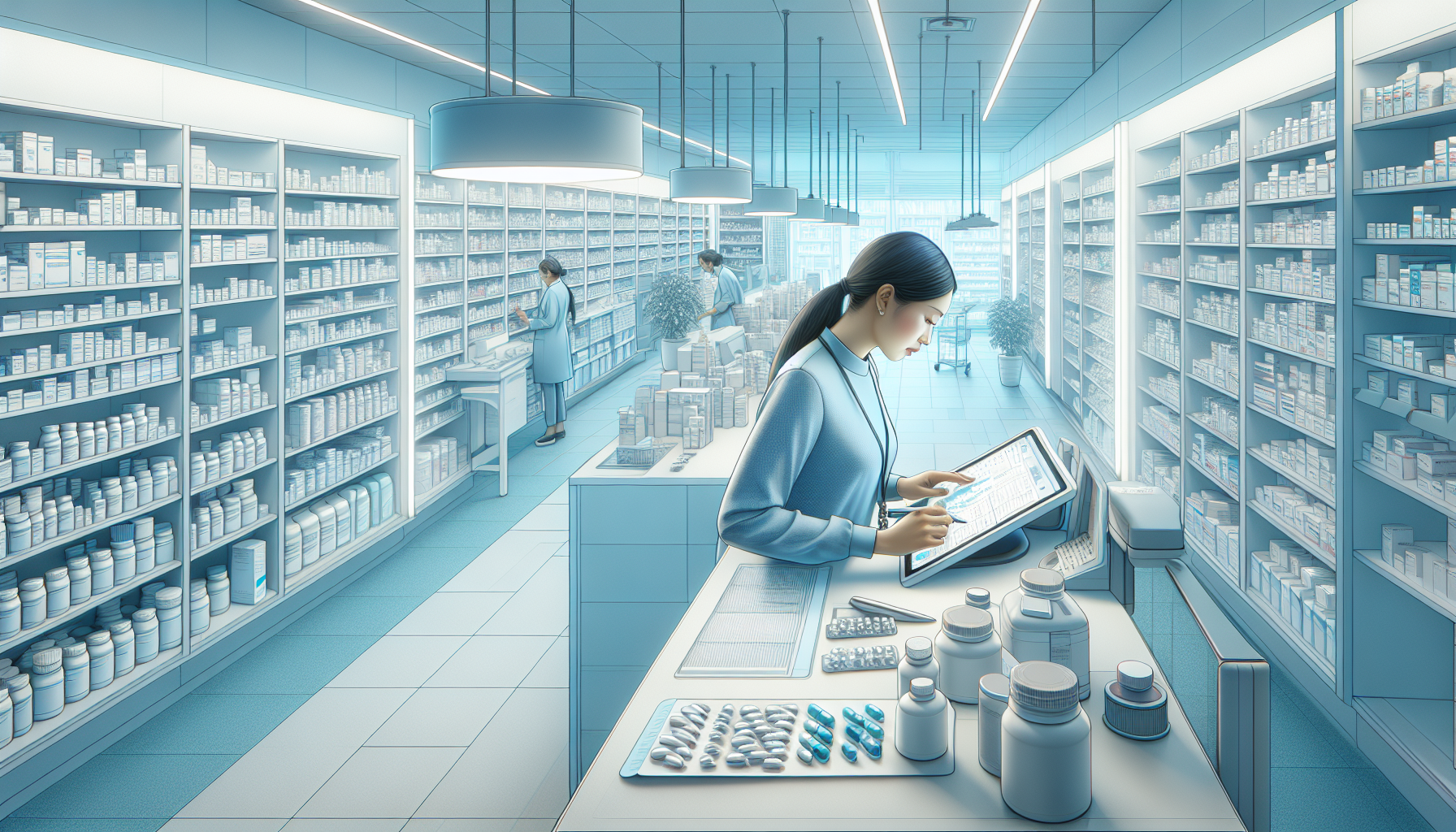Ensuring medication safety is a critical aspect of healthcare that affects patient outcomes and the integrity of treatment plans. Pharmacy technicians play a vital role in this process, providing support to pharmacists and ensuring that patients receive safe and effective medication therapy. This article will delve into the responsibilities of pharmacy technicians, the importance of their role in medication safety, and how their work intersects with various aspects of health.
The Crucial Role of Pharmacy Technicians
Pharmacy technicians are integral members of the pharmacy care team. They assist pharmacists in dispensing prescription medication to patients or health professionals. Their duties include measuring, mixing, counting, and labeling dosages of medications. Additionally, they often take on administrative roles within the pharmacy, such as processing insurance claims, maintaining patient records, and managing inventory.
In the realm of medication safety, pharmacy technicians must be meticulous and vigilant. A single error in dosage or medication can lead to serious adverse effects for the patient. Therefore, it’s essential that they have a comprehensive understanding of the medications they handle, including their generic and brand names, uses, and potential side effects.
Medication Verification and Cross-Checking
One of the key responsibilities of pharmacy technicians is to verify that the prescription instructions are clear and that the medication provided matches the prescription. They cross-check the patient’s medication history to prevent drug interactions, which is especially important for patients managing multiple health conditions. This requires a strong foundation in pharmacology and an ongoing commitment to continuing education to remain current with new medications and treatment protocols.
Technology and Medication Safety
Pharmacy technicians also leverage technology to enhance medication safety. Automated dispensing systems, electronic medication administration records, and barcoding systems are just a few examples of how technology can reduce the risk of medication errors. These systems can help technicians ensure that the right patient receives the right medication at the right dose and time.
The Intersection of Medication Safety with Health
Medication safety does not exist in a vacuum—it’s closely linked with various health aspects. For example, proper medication management can significantly affect cardiovascular health, as many patients with heart conditions take multiple medications that must be precisely managed to prevent adverse events.
Furthermore, pharmacy technicians support patients by providing information on how medications may interact with dietary supplements, an essential consideration in managing autoimmune diseases and ensuring nutritional supplement trends and consumer behaviors align with safe practices.
Special Populations and Medication Safety
Special populations, such as the elderly, children, and those with chronic conditions, may require additional care in medication management. Pharmacy technicians play a role in optimizing medication and supplement use for these groups, ensuring that dosages are adjusted for age, weight, and organ function.
Education and Counseling
In their role, pharmacy technicians also provide vital education and counseling to patients. They explain how to take medications properly, the importance of adherence to medication regimens, and the potential side effects to watch for. They may also guide patients on the proper use of medical devices, such as inhalers or blood glucose monitors.
The Impact of Precision Medicine
Advances in precision medicine and pharmacotherapy are changing the way medications are prescribed and managed. Pharmacy technicians must stay abreast of these developments, as precision medicine requires highly individualized medication regimens that they will help to dispense and monitor.
External Resources Supporting Medication Safety
A variety of external resources offer support and further information on the points made here. For instance, the Institute for Safe Medication Practices (ISMP) provides guidance on best practices for medication safety. Additionally, the Pharmacy Technician Certification Board (PTCB) sets the standard for certification and continuing education for pharmacy technicians, ensuring they are well-equipped to manage medication safely.
Conclusion
The role of pharmacy technicians is multifaceted and deeply intertwined with the overall safety and effectiveness of medication therapies. Their expertise, vigilance, and commitment to patient education are fundamental to preventing medication errors and ensuring that patients receive the highest standard of care. As the landscape of medication and pharmacotherapy continues to evolve, the role of pharmacy technicians will undoubtedly grow in complexity and importance, underscoring the need for continuous professional development and adherence to safety protocols.
In conclusion, pharmacy technicians are not just assistants in the pharmacy; they are guardians of medication safety, educators, and key contributors to the health and well-being of patients. Their work ensures that the benefits of modern medications are realized while minimizing the risks associated with their use.



